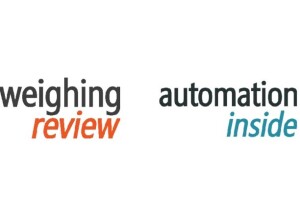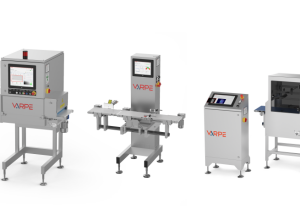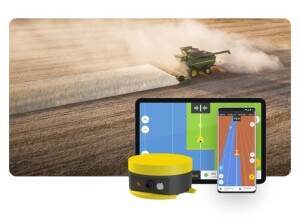Weighing-as-a-Service: How Cloud Platforms Are Transforming Calibration, Maintenance, and Business Models
The weighing industry is shifting from selling standalone instruments to providing Weighing-as-a-Service (WaaS) — a model that combines connected hardware, cloud analytics, and subscription-based calibration. In this emerging ecosystem, scales are no longer static devices but data nodes integrated into global traceability and predictive maintenance networks.
From Equipment Ownership to Service Subscription
Traditional weighing solutions rely on physical calibration visits and manual data collection. With WaaS, manufacturers and end-users can transition to usage-based or performance-based contracts, where the provider remotely monitors device status, calibration intervals, and compliance reports via secure cloud platforms.
- Remote Calibration: Scales equipped with self-calibrating load cells can trigger digital certificates without onsite weights.
- Predictive Diagnostics: AI monitors sensor drift and alerts operators before accuracy degradation occurs (AI diagnostics for load cells).
- Compliance as a Service: Cloud logs provide continuous audit trails aligned with OIML D31 and ISO digital metrology standards.
Key Components of the WaaS Ecosystem
- Smart Load Cells: Devices capable of on-board processing and real-time verification.
- Edge Gateways: Securely connect legacy weighing systems to IoT platforms (edge gateways in weighing).
- Blockchain Verification: Ensures data integrity and transparent calibration records (blockchain in trade-by-weight).
- API Integration: Seamless communication between scales, ERP, and MES platforms (weighing data in MES/ERP).
Advantages for Industry and Metrology
By decentralizing calibration and compliance functions, WaaS creates measurable efficiency gains:
- Reduced downtime and human error through continuous monitoring.
- Guaranteed compliance via automatically updated digital certificates.
- Enhanced sustainability by minimizing physical calibration weights and technician travel (eco-design in weighing).
- Optimized resource allocation — customers pay only for verified performance.
Cybersecurity and Data Integrity
As weighing data moves to the cloud, cybersecurity becomes integral to trust. Modern WaaS providers use encrypted data transmission (secure data transmission) and firmware authentication to prevent tampering. Some adopt digital signatures based on blockchain for immutable calibration records.
Business Models Emerging in the Market
- Calibration Subscription: Customers pay per verified calibration event.
- Performance Leasing: Service charges are tied to uptime or accuracy guarantees.
- Outcome-Based Weighing: Contracts focus on measurement output, not ownership of devices.
The Future of WaaS
As AI ethics and digital legal metrology frameworks evolve, WaaS will likely become the standard model for industrial and laboratory weighing. The combination of self-verifying sensors, traceable digital certificates, and cloud-native compliance platforms will define the next decade of measurement innovation.
Related Articles
- Self-Calibrating Load Cells: The Rise of Autonomous Precision in Industrial Weighing
- Digital Legal Metrology: Remote Verification, Compliance and Cybersecurity
- Edge Gateways for Weighing: How to Connect Legacy Systems to IoT Platforms
























